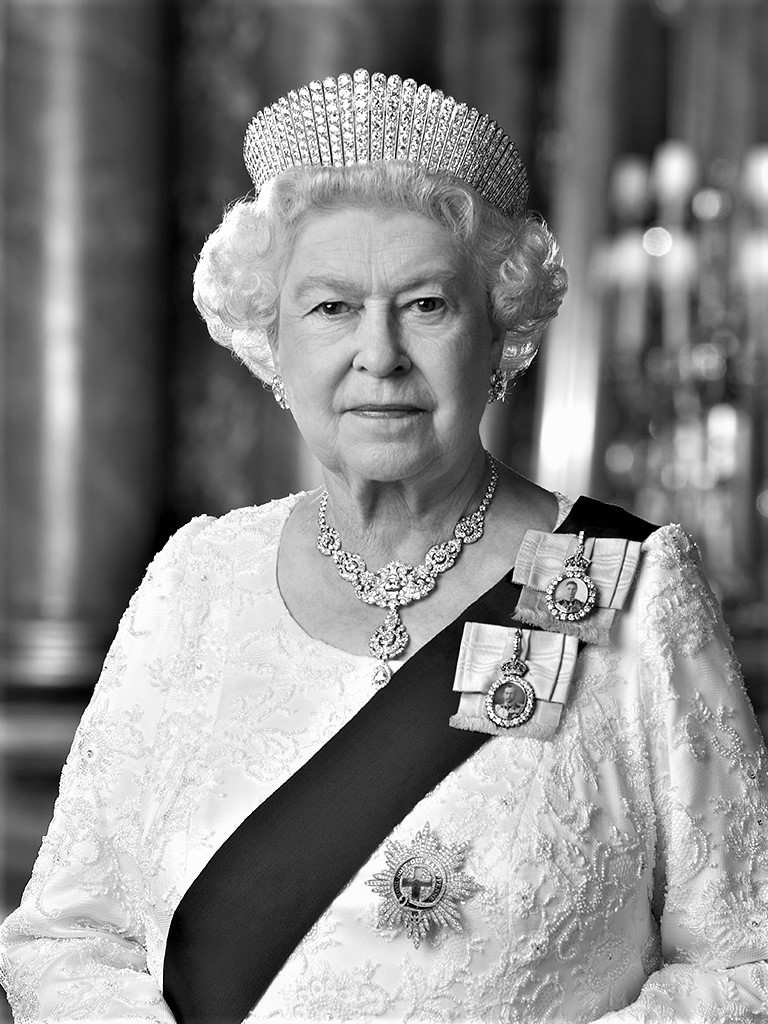Allied Health Professionals
There is an experienced team of dedicated Allied Health Professionals who provide specialist input for Neurosurgical patients. This includes physiotherapists, occupational therapists, speech and language therapists, dieticians, pharmacists, and many others. Some of the roles of the Allied Health Professionals that work closely with Neurosurgical patients are described below.
Physiotherapy
Physiotherapy is a healthcare profession that assesses, diagnoses, treats, and works to prevent disease and disability through physical means. Physiotherapists work in partnership with their patients, assisting them to overcome problems with walking, balance, strength, joint stiffness, daily function and pain. Physiotherapists may also give breathing exercises to patients who have a chest infection to help clear their lungs and improve their respiratory function.
Physiotherapy can help with recovery from injury and surgery, aiming to reduce pain and stiffness, and increase mobility. A physiotherapist can also help prevent further injury by listening to patient needs and working with the patient to plan the most appropriate treatment for their condition, including setting goals and treatment outcomes. Physiotherapists, doctors, and other health professionals will often work as part of a team to plan and manage treatment for a specific condition alongside the patient/client, families, care givers, work places and communities.
Occupational Therapy
Occupational therapy (OT) supports the participation of people in everyday occupations despite the effects of a disability, illness, or injury. Occupational therapy aims to enable people to live a more independent, productive and enjoyable life through assessing an individual's ability to carry out every day tasks. "Occupation" refers to practical and purposeful activities that allow people to live independently and have a sense of identity. This could be essential day-to-day tasks such as self-care, work or leisure. An occupational therapist will consider all your needs—physical, psychological, cognitive, social and environmental.
Within the neurosurgery ward you may be referred to OT if you have had an operation or injury on your back or head resulting in difficulties with every day tasks, physical, memory or concentration problems. We will work collaboratively with you to overcome the effects of disability, illness or injury by finding solutions to everyday problems. For example; advising you on approaching a task differently, using equipment or assistive technology, adapting your living or working environment, and finding strategies to reach your chosen goals.
Pharmacy
There is a Clinical Pharmacy Team that services the provision to Neurosurgery. It consists of a Clinical Pharmacist and a Pharmacy Technician. The Clinical Pharmacy Team works closely with patients and healthcare providers to provide information and guidance about the effects of prescribed drugs; their doses; potential side effects, and to help plan effective medication regimens for patient.
The Clinical Pharmacy Team role includes:
- Maximising the clinical effect of medicines, i.e. using the most effective treatment for each type of patient
- Minimising the risk of treatment-induced adverse events, i.e. monitoring the therapy course and the patient's compliance with therapy
- Checking prescriptions to ensure that there are no errors and that they are appropriate and safe for the individual patient
- Participating in ward rounds, reconciling medication histories and involvement in decision-making on appropriate medication treatments
- Counselling patients appropriately on discharge and prescribed medication while in hospital
- Ensuring medicines are stored appropriately and securely within the hospital and the ward

